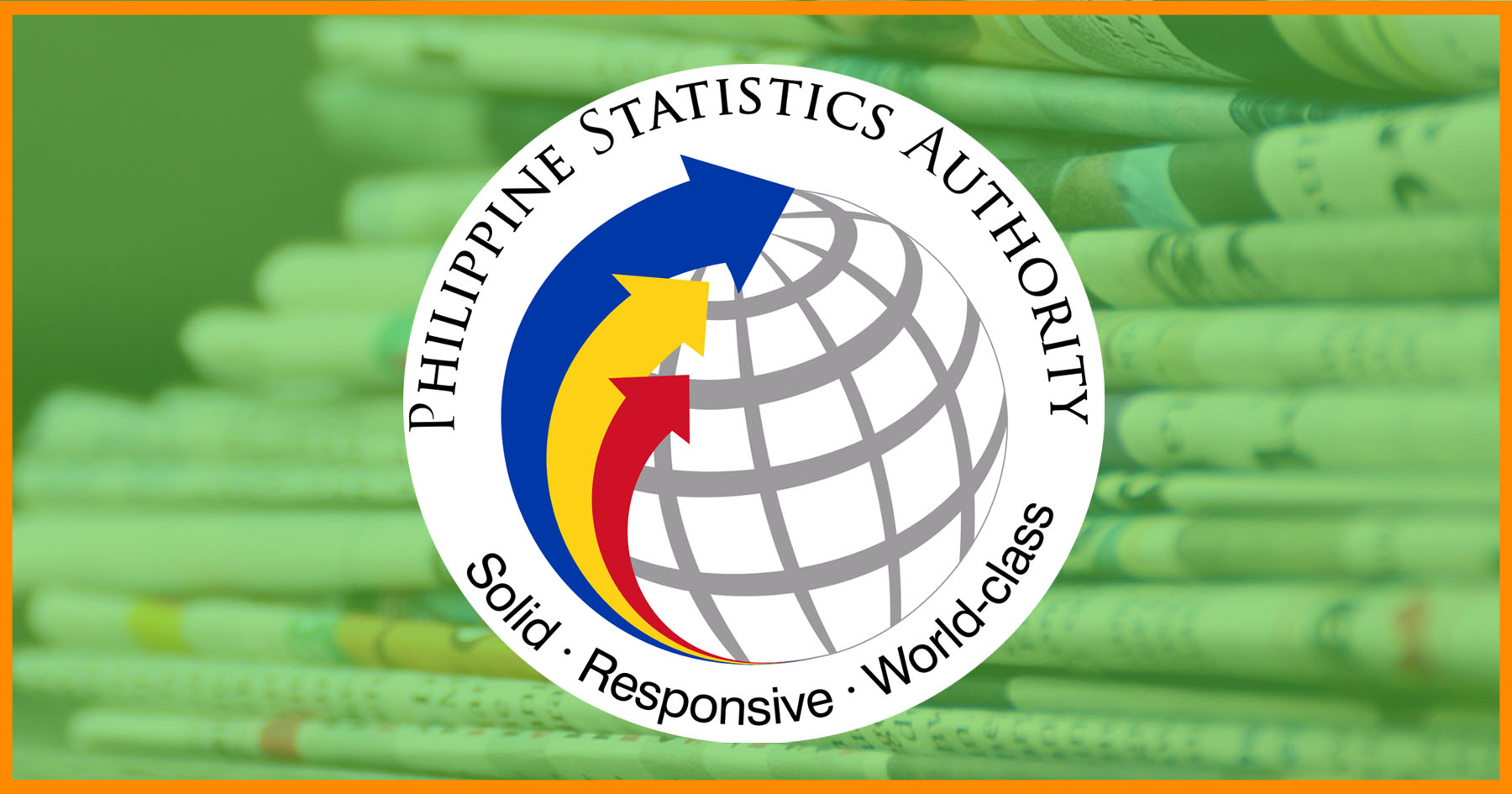The move to recognise and end the discrimination of the indigenous peoples stems from the conquest launched by the world superpowers during the age of “discovery” and imperialism. Spain conquered the Philppines and gave it its name and for more than three hundred years, subjugated and goverened the land. Many countries were conquered by more powerful ones and our wolrd history is largely characterised by constant strugle of the oppresssed against oppressor. During the turn of the century, the Supreme Court of the United States itself daclared and laid down what will become the country’s policy regarding its indiginous peoples. The landmark case of Carino vs. Insular Government has been promulgated more than a century ago but the indigenous peoples (IPs) are still fighting for their rights and recognition of their rights. The Indigenous Peoples Rights Act (IPRA) of 1997 or R.A. 8371 was enacted to promote and protect the rights of the IPs but one of the fundamental qustions is whether the IPRA divests the national government of its jurisdiction or power over the indigenous peoples? Or whether the national laws of the country apply to the IPs in the same manner as to the general population?
Tahawig vs Prosecutor of Cebu
Should the regular courts still try a case when the same has already been dismissed or resolved by the tribal court or customary laws? This is the case of a tribal chief who was accused of rape but the case was earlier dealt with and later dismissed by the tribal court. The prosecutor’s office subsesquently filed a case of rape against Tahawig but the latter filed a motion to quash on the ground that the tribal court already held that he “should [be spared] from criminal, civil[,] and administrative liability.” (G.R. 221139, 20 March 2019). Tahawig later filed before the Supreme Court a petition for mandamus to compel the trial court to honor the decision of the tribal court. The Supreme Court denied the petition.
While it is true that the IPRA recognises the IPs right to self determination and aims to empower them and shield them from unwanted external inluence, the fact remains that they are still under the jurisdiction of the State and still subject to the laws of the land. The Court pointed out that: “SECTION 15. Justice System, Conflict Resolution Institutions, and Peace Building Processes. — The ICCs/IPs shall have the right to use their own commonly accepted justice systems, conflict resolution institutions, peace building processes or mechanisms and other customary laws and practices within their respective communities and as may be compatible with the national legal system and with internationally recognized human rights.” The law recognises the indigenous justice system, the same has to be “compatibel with the national legal system”. The SC declared: “Customary laws and practices are valid and viable only to the extent that they do not undermine the proper scope and application of legislative enactments, including criminal statutes.” As the Court said, the IPRA law does not dissociate the IPs from the majority of the population but should be always in the context of “national unity”.













